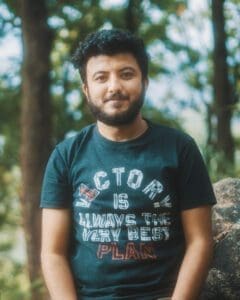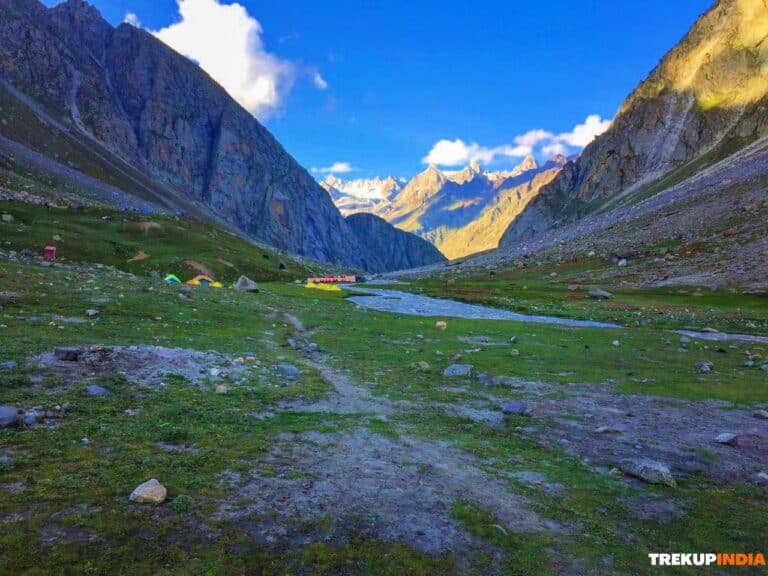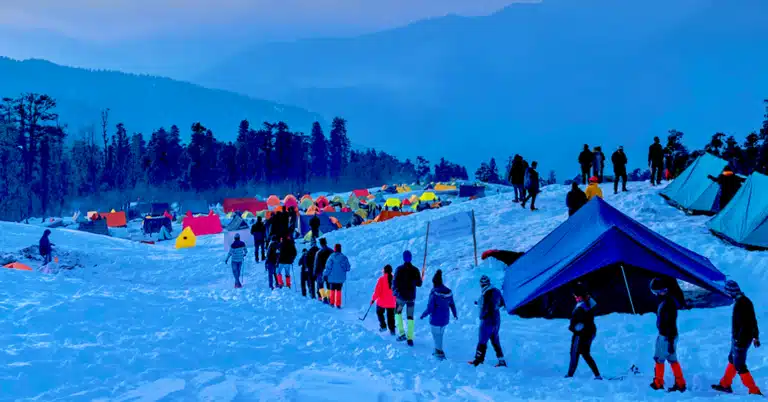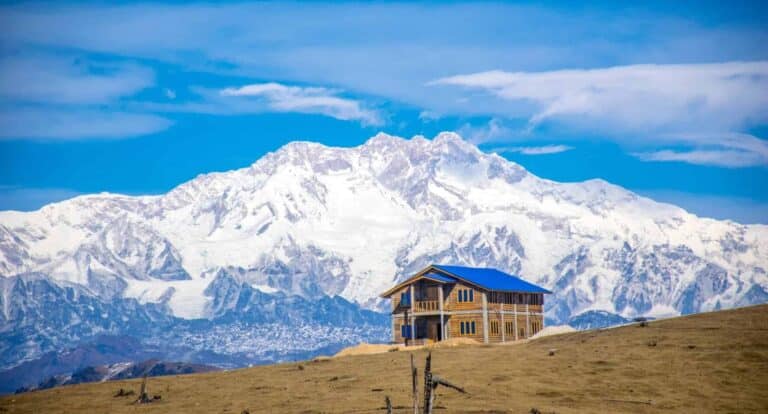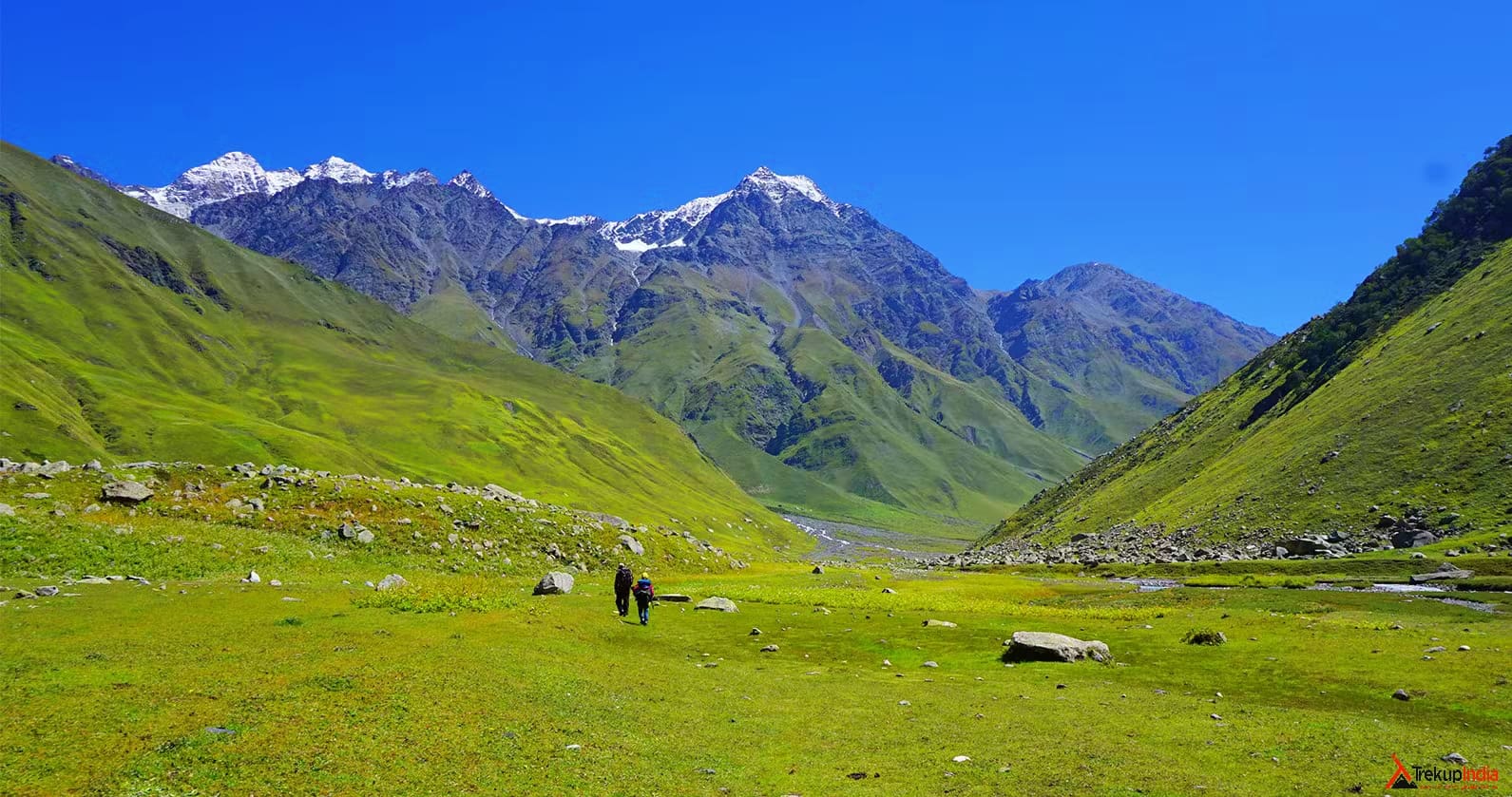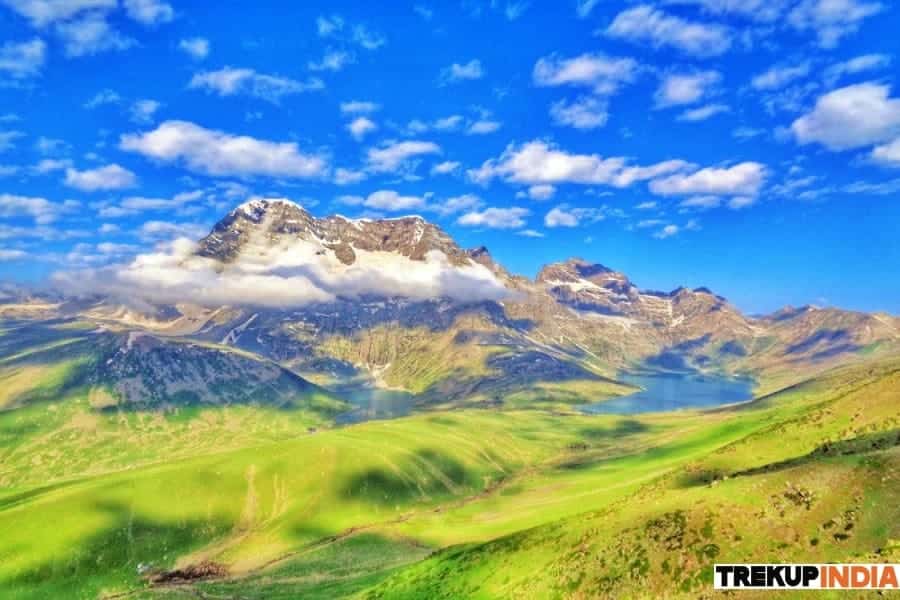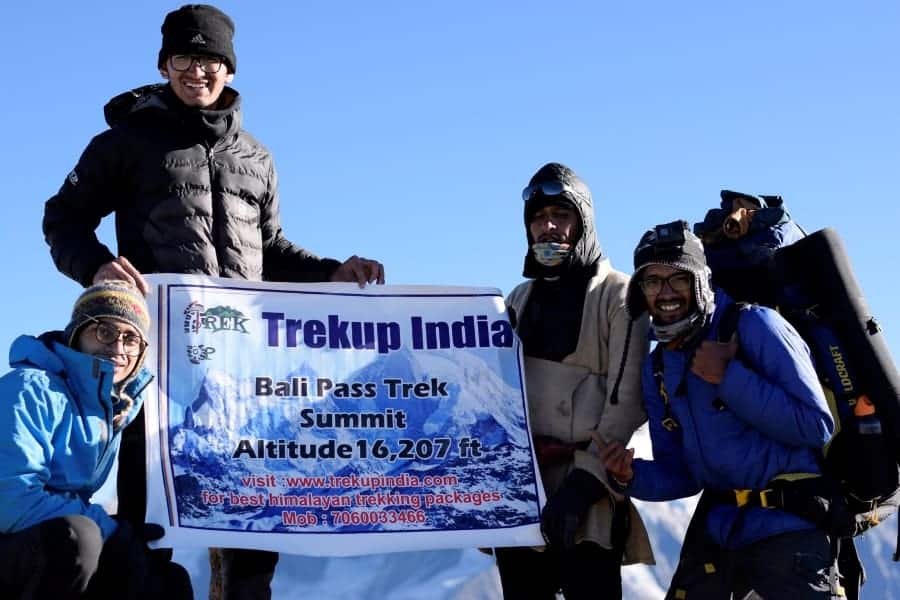Trekking with us for Warwan Valley Trek is completely safe because we have a team of trek leaders who are qualified in Wilderness first-aid and also have complete information about the high-altitude glitches. During Trek, we carry a complete first-aid kit that contains all the important medicines. Before trekking with us, you need to ensure that you are medically fit for the trek and if you are able to judge yourself then it is better to take advice from a professional. For us, your medical fitness is very important than anything else.
Know About Us:- You need to know that our company Trekup India has been in the field of Adventure Tourism for the last 23 years. Right from our inception, we have been involved in providing treks, voyage & hiking programs as well as high altitude expedition rafting.
We keep on organizing treks in Uttarakhand, Kashmir, Sikkim and Himachal, while being a part of the trekking community, we feature more than 75 Himalayan documented treks. Apart from other outdoor activities, our company also organizes trips for schools, colleges, and family.
We ensure complete technical safety in the mountain
Our company has a vast team of more than 100 guides, as well as trainers in order, serve in the mountain treks. One of the best things about our team is that all the members are trained professionally from Nehru Institute of Mountaineering, Indian mountaineering foundation Delhi as well as Hanifle Center Outdoor Education Mussoorie.
Therefore, we never believe in compromising on the quality as well as services offered to our valuable customers.
For Us, Your Safety Is the Top Priority
At Trekup India, you will find a team with local knowledge and fluency in English as well as Hindi. This helps in ensuring that you have an amazing trek and not only this, we also pay attention to your health as well as safety because this is something we cannot ignore. All the team leaders involved in trekking have already undergone several professional courses in First Aid, Portable Altitude Chamber Training, CPR, Environmental Awareness Training as well as Advanced Wilderness Emergency Medicine.
We also carry a complete first aid medical kit not only on the trek but on each and every trip which is organized by us. Apart from the medical kit, we carry a portable altitude chamber and medical oxygen for all kinds of high-altitude treks . Our company has great expertise in organizing all sorts of group adventure holidays for family groups, school & college groups as well as friend groups. When it comes to travel options, we have a wide range that suits different fitness levels as well as traveling styles.
Therefore, no matter who big the group size, we pay personal attention to each and every member present in the group.
How We Ensure That Your Trek Is Safe with Us
Right from our establishment, we at Trekup India, are continuously involved in introducing new safety practices into Indian trekking in order to ensure the safety of voyagers. For walking on snow, Trekpp India introduced Microspikes and also made emergency bottled oxygen mandatory for all kinds of treks. In order to test pulse as well as oxygen saturation levels, pulse oxymeters are used. As a safety communication device, we at TrekupIndia introduced radio.
Though we have noticed that most of the organizations organizing treks do not follow these systems but with time several competing companies are adopting these practices and organizing great and safe treks.
Explore our New Safety Protocols
In order to ensure a perfect Trek, we have introduced some new safety checks that will assure more safety for our trekkers.
Our On-trek safety checks includes:
- Daily oxygen saturation along with pulse readings
- Stretchers team appointed on every trek
- Radios
- Trained mountain staff and full safety
- Additional oxygen cylinders
- Special medical kit for high altitude treks
- Microspikes on all types of snow treks
- Experienced Trek leaders as well as safety
- Technical team on all snowy slopes

